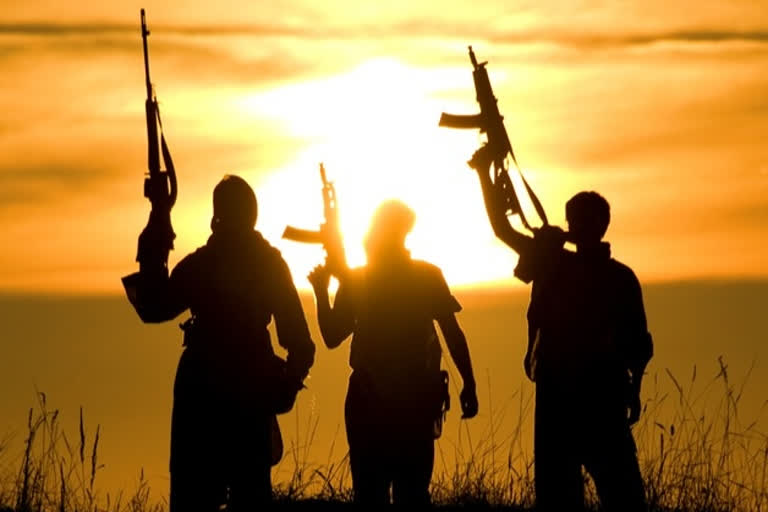New York:A UN Security Council report has revealed that not only do the Taliban and al-Qaeda continue to cooperate but Kashmir-specific Pakistani terror groups, Jaish-e-Mohammed and Lashkar-e-Tayyiba are sending their trainers to Afghanistan to carry out targeted assassinations.
The Analytical Support and Sanctions Monitoring Team submitted its eleventh report on the Taliban and other associated entities constituting a threat to peace, stability and security of Afghanistan, to the United Nations Security Council Committee, last week.
The UNSC report said, "Jaish-e-Mohammed and Lashkar-e-Tayyiba facilitate the trafficking of terrorist fighters into Afghanistan, who act as advisers, trainers and specialists in improvised explosive devices. Both groups are responsible for carrying out targeted assassinations against government officials and others."
Lashkar and Jaish, the report said, have approximately 800 and 200 armed fighters, respectively, co-located with Taliban forces in Mohmand Darah, Dur Baba and Sherzad districts of Nangarhar Province. Tehrik-e-Taliban Pakistan (TTP) also maintains a presence in Lal Pura District, near the border area of Mohmand Darah, Pakistan, the UNSC team said.
Read |Afghan Taliban still maintain ties with al-Qaida: UN report
In Kunar Province, the report said, Lashkar retains a further 220 fighters and Jaish has a further 30, all of whom are dispersed within Taliban forces. The UNSC monitoring team said that TTP, Jaish and Lashkar, are present in the eastern provinces of Kunar, Nangarhar and Nuristan, where they operate under the umbrella of the Afghan Taliban.
Even as several significant al-Qaeda figures were killed, the senior leadership of al-Qaeda remains present in Afghanistan, as well as hundreds of armed operatives, al-Qaeda in the Indian Subcontinent and groups of foreign terrorist fighters aligned with the Taliban," the report said.
Relations between the Taliban, especially the Haqqani Network and al-Qaeda remain close, based on friendship, a history of shared struggle, ideological sympathy and intermarriage, the UNSC monitoring team said.
